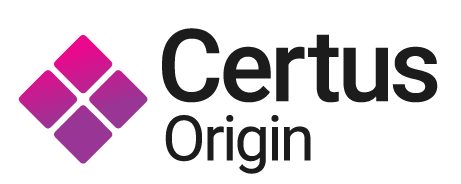Interview Advice
Rule 1 – Presentation
It may seem obvious, but this is where many people get it wrong. For a more conservative business always wear a dark suit or skirt and jacket, light business shirt or blouse, plain tie and dark, polished shoes. If the company is on the more casual side of things always err on the side of too smart. You can always adjust for a second interview. If you are unsure – check with your consultant.
Rule 2 – Prepare
We are constantly amazed at how little some people prepare for their interview. You wouldn't go on a client meeting or into a one to one with your manager without having done some research and preparation - the same applies to interviewing. Additionally, make sure you know what your own CV has on it and that you understand your achievements and past performance either in previous jobs or academically. There is nothing that destroys an interview quicker than when you can't relay basic information about yourself. Make sure you know what your objectives were, what you achieved and anything else that demonstrates what you have done and how successful you have been.
Rule 3 - The first Impression
As the saying goes; “you only get one chance to make a first impression”. Look good, feel good and believe you will be successful. Use a firm hand shake (even the ladies) and thank your interviewer for the opportunity to meet with them. Don't forget to smile – it relaxes everybody. Often your interviewer may be just as nervous as you!
Rule 4 - 2 Ears, 1 Mouth - Use them in proportion
A good interview is about gathering information from the interviewer in order to present yourself as the solution to their current problem. Therefore, use the interview to get information about the interviewer and their business. Try to make the meeting a business discussion rather than a question and answer session. Remember, most people like talking about themselves and their achievements so ask your interviewer questions about themselves and their role. Their answers will give you a flavour of what type of person they will be looking for and the type of company it is you would be working for.
Rule 5 - Know Your Past Achievements
You are a Professional. A successful Professional understands what is expected of them and why they've been successful. Take the time to ensure you are familiar with the key objectives you've had in previous roles and how you've performed against them. If appropriate take along examples or evidence of past success (and if you're in sales or marketing know your figures!).
Rule 6 - Avoid the Cliché
Whilst often a cliché best describes a situation, try to avoid using them in an interview environment. You want the interviewer to find out who you are and what you can do for them and therefore you need to voice your own ideas, not regurgitate someone else's.
Rule 7 - Prepare Great Questions
The question that's asked by every interviewer? "Do you have any questions?" And you better had! Your questions demonstrate three key things:
How much research and preparation you've done and whether you have actually tried to imagine yourself within their business
How well you've listened during the interview and how you've processed that information
What is important to you and how serious you are about the opportunity
Your questions should demonstrate knowledge and be part of an information gathering exercise that will help you decide whether the role is the right one for you. What are the working hours/How long do you get for lunch/How many holidays do you get etc are not indicative of someone really wanting to understand the company or the role. Questions like 'what traits do your best people demonstrate?' and 'what are the biggest challenges in the role?' show that you're thinking about what it takes to be successful.
Rule 8 - Close the Meeting
Regardless of whether you are a fresh graduate or are experienced, you should close the interview. Closing is essentially asking for feedback and checking whether the interviewer thinks you've demonstrated enough to move forward. If, when you leave the interview, you don't know what the interviewer thought of you, or whether they had any concerns, you haven't done the job properly.
Closing can be as simple as asking the interviewer what they thought of you, or to establish the next step in the process and clarify whether you will be included. It can feel uncomfortable sometimes to ask what someone thinks of you, but if there has been any miscommunication or misunderstanding now is the time to correct it!


©
Certus Graduate T/A Certus Origin - Part of
Certus Recruitment Group. All Rights Reserved.

